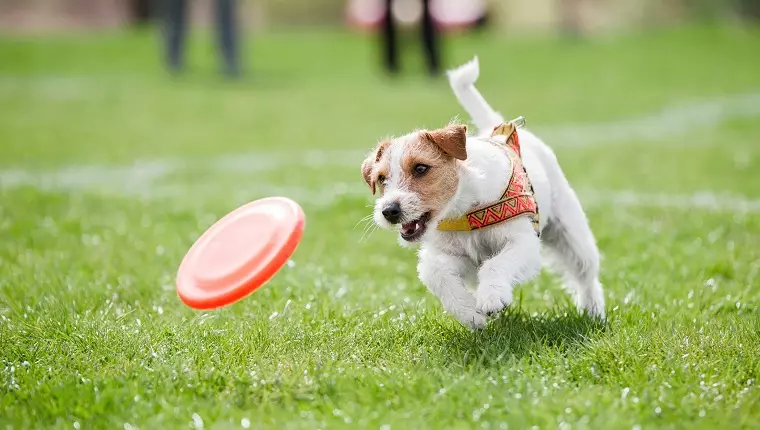Most dog owners associate playtime with activities like fetch or tug-of-war, popular choices that provide an outlet for energy and interaction. However, realizing that not all dogs resonate with these conventional games is key to enhancing the enjoyment and fulfillment of both pets and their owners. Dogs, like humans, possess unique traits influenced by their breed, age, and individual personality, leading to varying preferences in play. Instead of forcing a playful response with standard games, it’s crucial to explore alternatives that cater exclusively to your dog’s unique character.
Every dog has its own way of interpreting play. A dog that shies away from a ball or opts to stay beside you during a hike might have different interests, like enjoying leisurely walks or indulging in cozy snuggles. The priority should be finding suitable activities that promote physical and mental stimulation, bonding experiences, and an overall sense of happiness. The journey toward finding the perfect game for your furry companion might be laden with trials, but the satisfaction derived from witnessing their joy is invaluable.
Types of Playful Personalities
Understanding your dog’s play personality can make a world of difference in choosing appropriate activities. For instance, athletic dogs—often classified as “jock dogs”—thrill at rigorous play and require plenty of exercise. They enjoy challenging games and multifaceted activities that engage both mind and body. If you recognize this energetic spirit in your dog, consider various options such as fetch in an open park, engaging in agility training, or exploring dog-friendly hiking trails. By incorporating activities like Frisbee and agility sports, not only do you stimulate their senses, but you also forge deeper bonds through shared experiences.
On the flip side, “couch potato pups” prefer a more laid-back lifestyle. Though convincing them to get moving can be daunting, it’s essential for their overall well-being. Low-impact activities such as leisurely strolls, practicing basic commands, or sniffing out hidden treats can keep them engaged without overwhelming them. Even games designed for smaller spaces, like mini-fetch on a soft rug or feeding puzzles that entice exploration, allow these dogs to remain physically active while honoring their nature.
Some dogs exhibit behaviors that stem from their instincts, such as digging or tracking scents. Digging, for example, might seem destructive, but it often stems from a dog’s inherent curiosity or drive. Providing an appropriate outlet, like a designated digging zone or a sandbox, can redirect this behavior positively. Additionally, integrating toys into this play—like hiding them under furniture—can satisfy their digging instincts while making playtime entertaining.
Dogs with strong scent-tracking abilities, such as Beagles or Bloodhounds, thrive when given structured opportunities to use their noses. Engaging in scent work or even embarking on new walking paths can greatly enrich their experience. You might even introduce games like ‘hide and seek’ where they are tasked with finding hidden treats or toys in various locations. Emphasizing their natural inclination not only promotes their mental engagement but can also lead to exceptionally rewarding bonding moments.
Intellectually Curious Canines
Not all dogs express their intelligence in the same way. Those labeled as “smart cookies” often devise cunning strategies to redirect attention—whether it’s snagging the leash for a walk or raiding the cupboards for a meal. Offering mentally stimulating games is essential for curbing destructive behavior due to boredom. Engaging activities might include puzzle toys, learning new tricks, or even obstacle courses creatively fashioned from everyday items.
For intelligent dogs, consider participating in agility courses or positive reinforcement training sessions. It fosters an atmosphere of cooperation and achievement that breeds a sense of accomplishment. Moreover, allowing your dog to learn specific commands for their toys can sharpen focus while establishing a playful routine.
Whatever the preferred play style of your dog, maintaining safety should always come first. Before embarking on any new exercise regimen, consulting with a veterinarian can help ensure that your dog is physically capable of handling more strenuous activities. Emphasize a balanced approach to play that combines both physical and mental undertakings with ample rest periods. Ultimately, the joy of having a dog lies in the connections we forge with them through shared experiences—whether it be dynamic games or relaxed moments snuggled on the couch. Embrace the diversity of your dog’s play preferences, explore new games, and cherish the time spent engaging with your furry friend. The rewards of companionship are sure to make each moment worthwhile.

